Pregnancy and the postpartum period are life-changing challenges even at the best of times. But for pregnant people staring down the barrel of poverty and homelessness, paying for rent, food, medical care, and everything a growing baby needs to thrive is a near-insurmountable task. That’s where Homeless Prenatal Program (HPP) comes in. Located in the Mission District, HPP offers a staggering breadth of services for low-income families. We spoke with Linda Huerta, the distribution coordinator for HPP’s weekly food pantries.
Food Bank (FB): How did you get involved with Homeless Prenatal Program?
Linda Huerta: I learned about HPP first through our Community Health Worker program, which is a 16-month, paid, accredited job training program that prepares clients and other women from the community for careers in community health. I make sure our 400 families can get nutritious food – this week, we had broccoli, tomatoes, bananas, eggs, and more. I’m always thinking about how we can make the distribution more equitable.
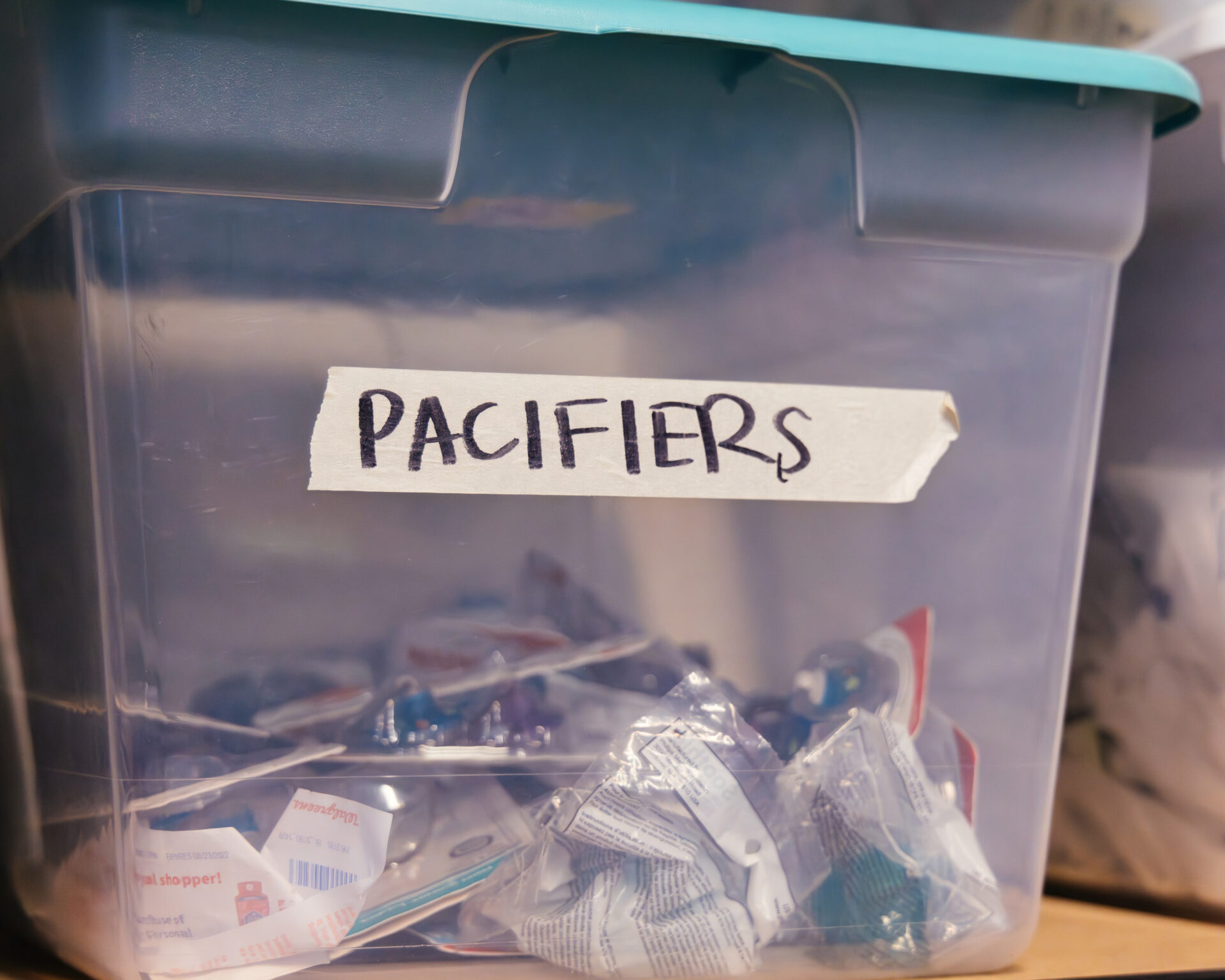
FB: Does HPP provide any other services to the community?
Linda: Absolutely – folks don’t just get food when they visit us on Fridays. It’s also diapers, pacifiers, and teething crackers; housing assistance and CalFresh application help; legal services and other family support. These things are available all week, but it’s so accessible to be able to offer more help or sign people up at the same time as the food pantry. And if we can’t help them, then when they come to get food, we can let them know if there’s another organization that can work on their problem.
FB: How does HPP break the cycle of family poverty and homelessness?
Linda: There are so many ways we work towards ending poverty, and a big part of that is food – it allows families to budget their money; maybe dollars that they were gonna spend on food can go to something else that supports them, especially with how expensive food is getting. It makes me feel good inside, honestly, to know that I can do this for my neighbors. Food means nutrition. Food means energy, food means love. And then we can build off that to offer even more services.

Linda closed our conversation by telling us, “It really does take a community. We can’t all do it alone, we need partnership.” Our Food Bank is proud to be a part of the solution by joining hands with organizations like HPP to make a difference in our neighbors’ lives.


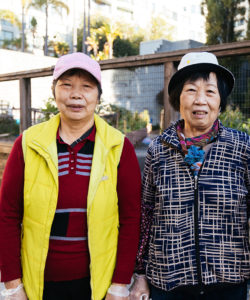
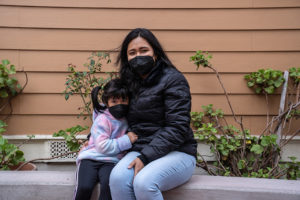 In sociology, there’s something called a “third place,” that describes a social environment outside of work or home where folks can congregate, see familiar faces, and build community. For María, the Friday food pantry in the Mission where she’s volunteered and picked up groceries for the past 10 years is a little of all the above.
In sociology, there’s something called a “third place,” that describes a social environment outside of work or home where folks can congregate, see familiar faces, and build community. For María, the Friday food pantry in the Mission where she’s volunteered and picked up groceries for the past 10 years is a little of all the above.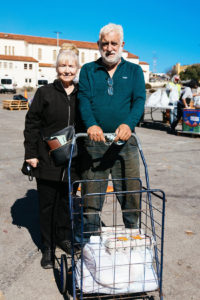
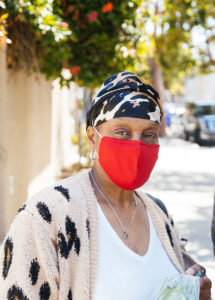 Sharing Space, Creating Memories
Sharing Space, Creating Memories 
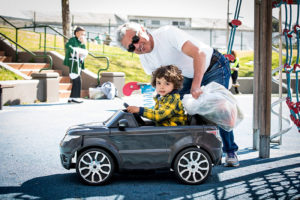 Other parents are more hesitant to let go of remote or homeschooling. Farzad is the single dad of 3-year-old Mehdi, as well as a musician, small business-owner, and participant at Cesar Chavez Pop-up Pantry. Farzad watches his son drive a toy car around the playground and sighs, shaking his head when asked about in-person preschool. He doesn’t “want Mehdi to go until COVID is over,” citing health concerns like maskless and unvaccinated children.
Other parents are more hesitant to let go of remote or homeschooling. Farzad is the single dad of 3-year-old Mehdi, as well as a musician, small business-owner, and participant at Cesar Chavez Pop-up Pantry. Farzad watches his son drive a toy car around the playground and sighs, shaking his head when asked about in-person preschool. He doesn’t “want Mehdi to go until COVID is over,” citing health concerns like maskless and unvaccinated children.
Share